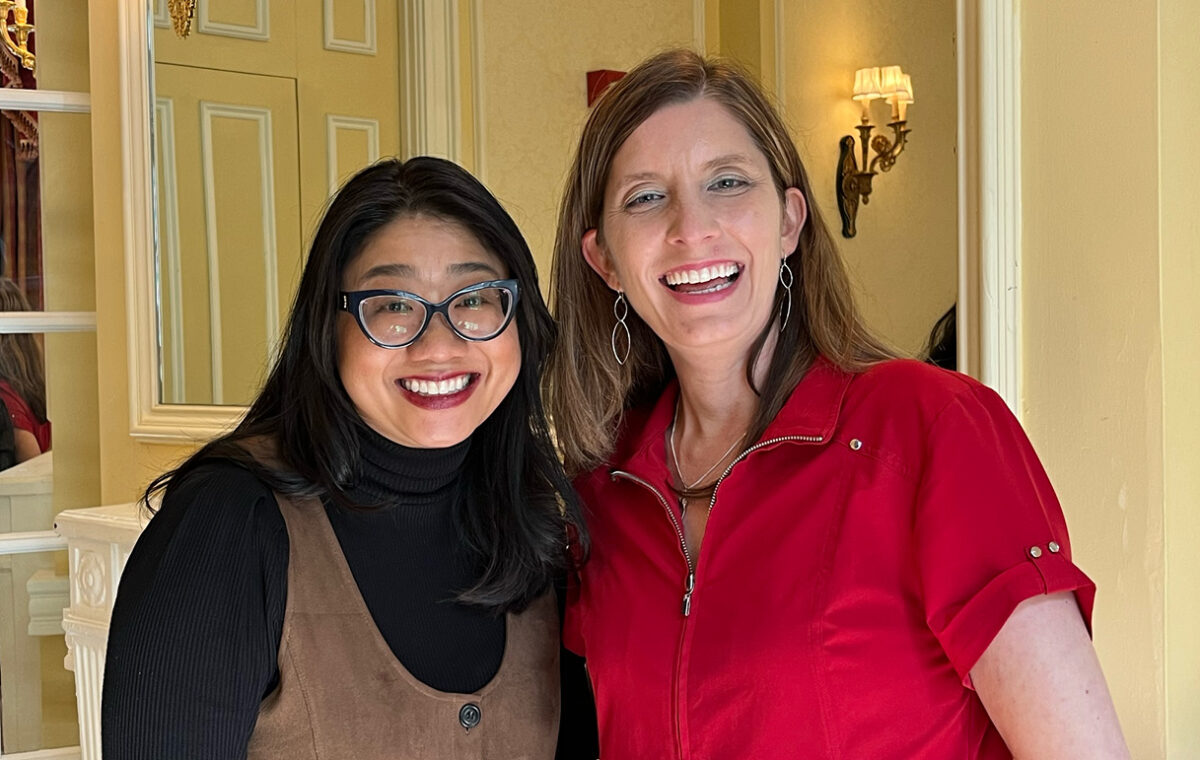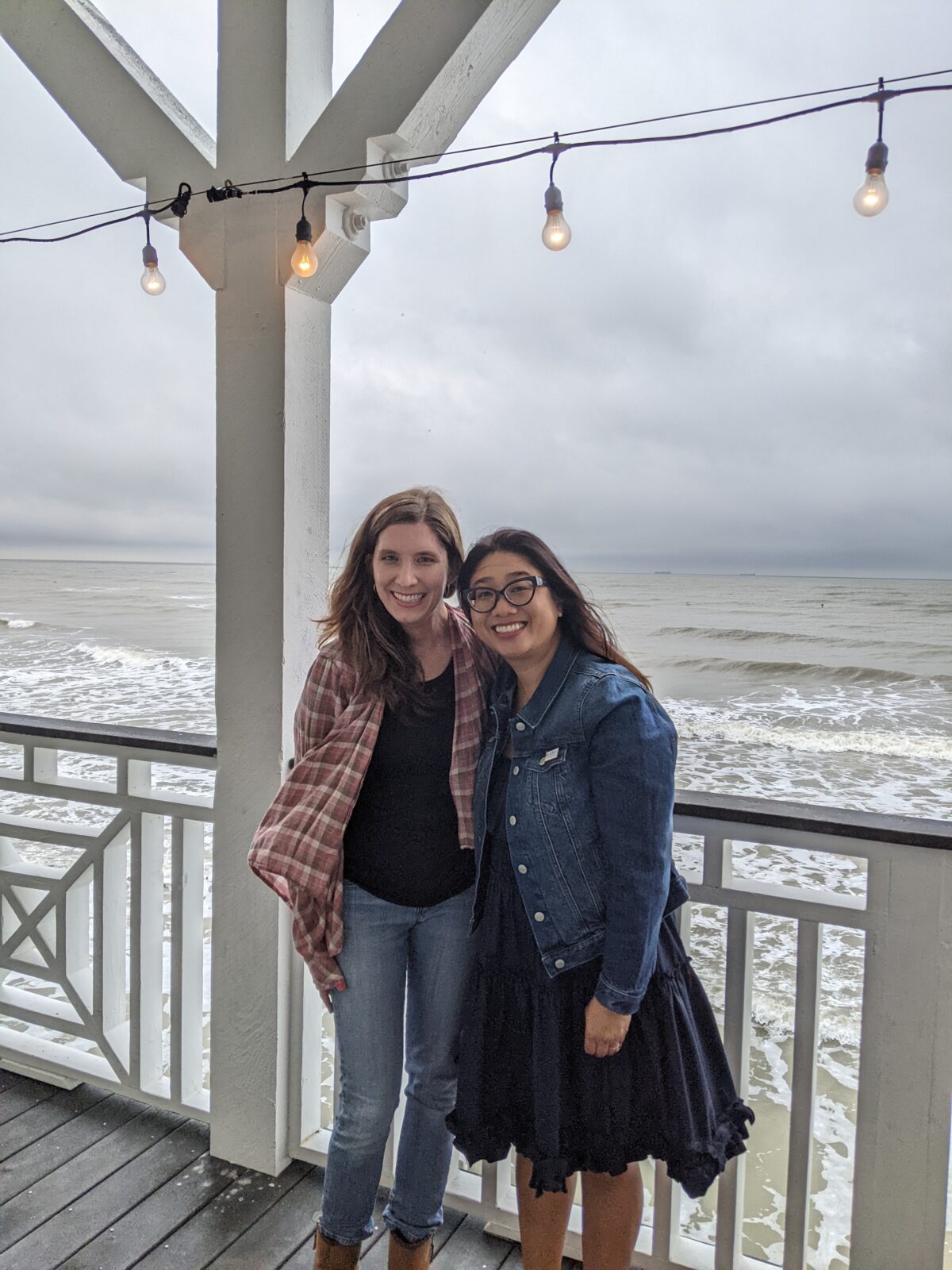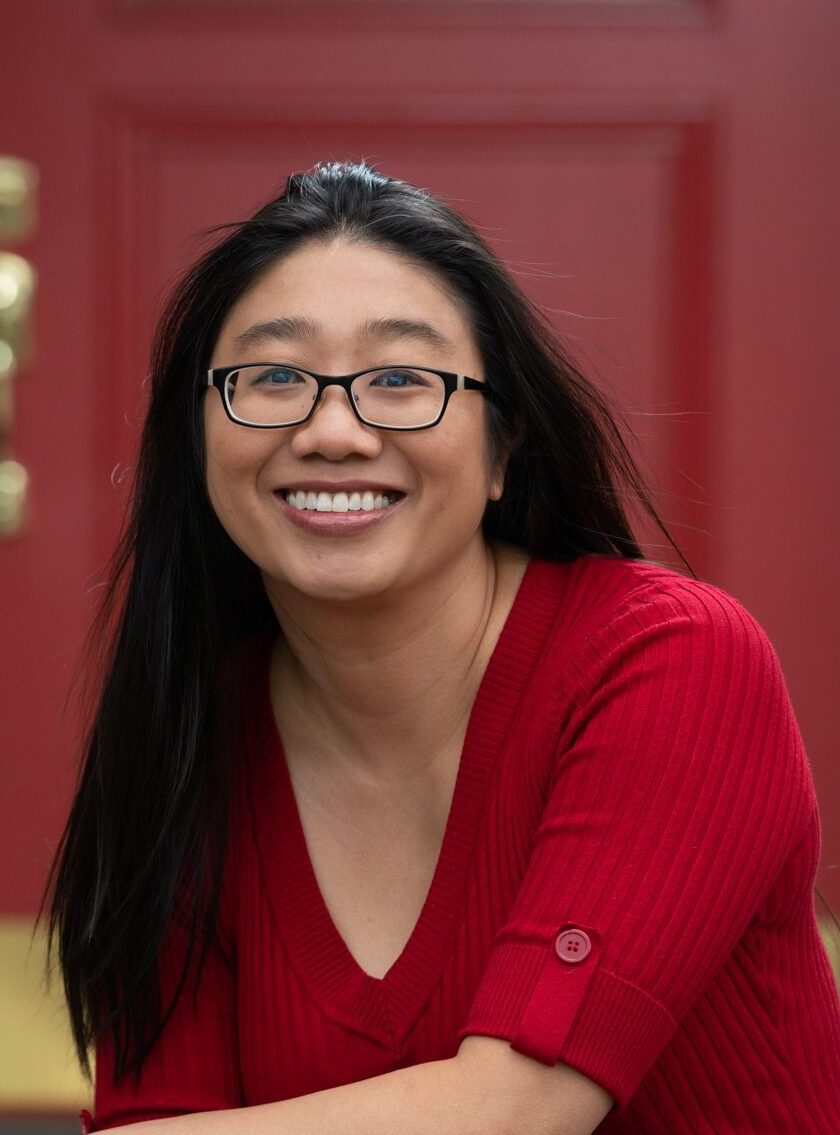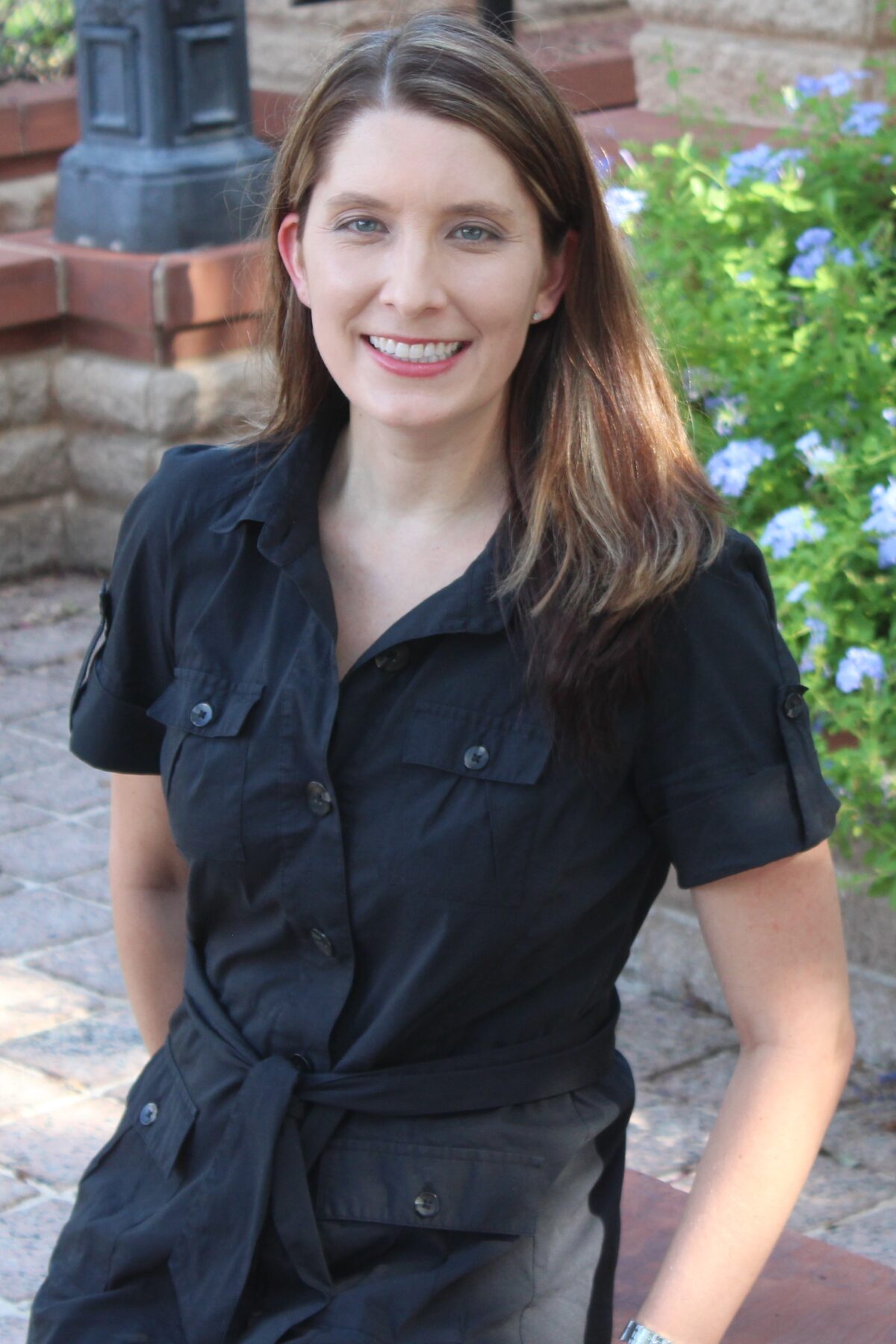What We Wish We Would Have Known

When brain aneurysm ruptures brought the personal and professional lives of Chris Chanyasulkit and Audrey Wick to a halt, both were grateful for life-saving medical care. At their eventual points of hospital discharge, they were given some information about their new conditions, but there were lots of unanswered questions.
Here, these survivors share tips for recovery they wish they had known in order to help others facing the same challenges.
- Be prepared to be humble. Maintaining control in life feels good, but control is quickly relinquished in an emergency medical setting. Chris and Audrey both accepted the care and guidance of ER hospital staff, but it wasn’t easy. For Chris, she was someone who always seemed to be doing things for others or taking charge, so it was humbling to all of a sudden need help with the most basic of things (like going to the bathroom). Audrey experienced a similar situation with needing to rely on others, especially when she had to stop working in order to recover after being discharged. So ask for help if you need it, and accept it if it’s offered.
- Exercise will look different. It wasn’t easy to transfer from a hospital bed back to life at home, as all movements felt Herculean. But movement is key to recovery, and starting small with some form of exercise can help. Audrey used geriatric exercise sitting videos online to help in the initial weeks post-hospitalization, and then gradually worked to increase movement as coordination and stamina improved. At the nine-month mark, bicycling became her outlet, which is something she still enjoys today. In addition to regular appointments with a physical therapist and doing the prescribed at-home exercises, Chris started out with walking around her home and then her neighborhood. But, later as she got stronger and realized that “life is short” and “you only live once,” she got two puppies who she happily delights in walking and, of course, snuggling up in bed with too!
- Your primary care doctor will be important. Between the neurosurgery team, emergency staff, and surgical experts, there were a lot of people in the hospital offering care. But outside of that, a primary care doctor will be the one to guide your next steps. Ours were lifelines who spearheaded physical therapy needs and back-to-work plans, among other needs that had to take a backseat while our aneurysms were being attended. Audrey was glad to have Dr. Duchicela in her corner after discharge, but Chris’s primary care doctor helped even more on the front side. It was Chris’ primary care doctor, Dr. Johnston, who first realized that Chris might have had a ruptured brain aneurysm and told Chris to get to the emergency department right away, or she would send an ambulance for her! Since that day, Dr. Johnston has met with Chris in person and via phone, continuing to coordinate the many parts of her care.
- But don’t forget about your neurosurgeon. Checking-in with your neurosurgeon and maintaining follow-up appointments is essential. Also, if you need a future surgery on another part of the body unrelated to your aneurysm—such as an elective surgery, a hospital procedure, or even some cosmetic or dental operations—you will likely need approval (sometimes called “clearance”) from your neurosurgeon. Plan for this in scheduling so you can take into account the time needed in getting your neurosurgeon’s authorization; otherwise, some doctors and hospitals will not perform the surgery/surgical procedure.

We are always learning and discovering new ways to live and thrive in this beautiful post-aneurysm life!
On the path of recovery, there is hope, especially in learning about yourself and realizing how strong you are. Patients and their caregivers also need to be gentle with themselves because recovery looks different for everyone. Still, with this advice and now knowing what these survivors wish they had known, hopefully, your road will be smoother.

Chris Chanyasulkit
Chris Chanyasulkit, PhD, MPH is a public health practitioner, advocate, keynote speaker, and master connector who speaks nationally about public health; literacy; civic engagement; and racial, gender, and health equity. She is the immediate Past President of the American Public Health Association (APHA), a mom of three, a dog mom of two pups, and an avid reader. She survived a subarachnoid hemorrhage in April 2020 and has appreciated every moment since then.

Audrey Wick
Audrey Wick, MA, lives in Texas where she teaches writing and literature classes at Blinn College. Audrey also writes creatively, both fiction and nonfiction, and has contributed to Writer’s Digest, Woman’s World, and Chicken Soup for the Soul, among others. She survived a subarachnoid hemorrhage in Nov. 2019 and is currently on a “watch and wait” approach for a second, unruptured aneurysm.


 Brain Aneurysm Foundation
Brain Aneurysm Foundation